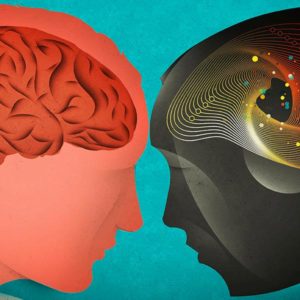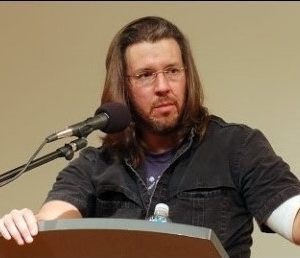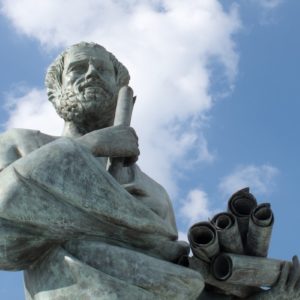Consolatio: Coping with a Collapsing World
All things change, say philosophers, but sometimes they change more dramatically than we’re ready for. Ancient Greek, Roman, Jewish, and Christian writers developed a number of practical strategies for coping with sudden illness, loss, and death. In this webinar, we will explore two: the consolation, which looks to the future, and the thanksgiving, which looks … Continued








